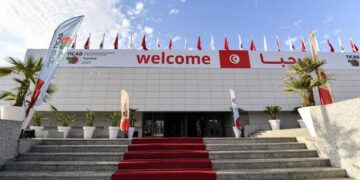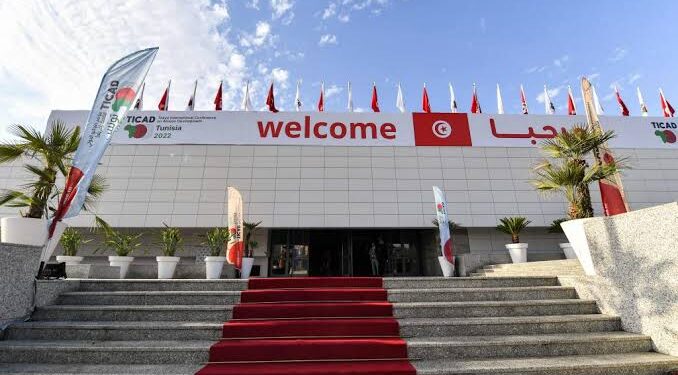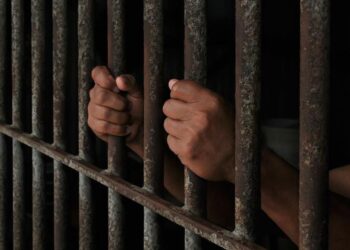By Enyichukwu Enemanna
As African heads of state, representatives of international organizations and private business leaders converge in Tunisia this weekend for the eighth iteration of the Tokyo International Conference on African Development, a triennial event launched by Japan to promote growth and security in Africa, support for start-ups and efforts to boost food security is expected to top the agenda.
This is not unconnected with the worsening food crisis that has affected many countries in the African continent following the Russia’s war in Ukraine as well as the economic challenge precipitated by Covid-19 pandemic.
Talks on surmounting these challenges will largely define the two-day conference, which starts Saturday. Japan has said it plans to provide assistance for the production of rice, alongside a promised $130 million in food aid.
While 30 African heads of state and government are set to attend the event in Tunis, Tunisia’s capital, many key talks will be held remotely, including that of Japanese Prime Minister Fumio Kishida, who tested positive for COVID-19 ahead of the summit.
The Japanese government created and hosted the first TICAD summit in 1993. The conferences now are co-organized with the United Nations, the African Union and the World Bank. Since the inaugural meeting, the summits have generated 26 development projects in 20 African countries.
Africa Center for Strategic Studies, an academic institution of the U.S. Defense Department, compared the conference’s format to the annual World Economic Forum in Davos, Switzerland, “where government, business, and civil society leaders participate on an equal basis.”
However, this weekend’s summit has sparked controversy in Tunis, which faces its own acute economic crisis, including a recent spike in food and gasoline shortages.
Critics have spoken out about organizers’ alleged “white-washing” of the city, which has seen cleaner streets and infrastructure improvements in preparation for the conference summit. One local commentator said the North African capital looked like it had applied makeup to impress participants.
Meanwhile, the journalists’ union in Tunisia issued a statement Friday condemning restrictions on reporting and information around the summit.




































